Science Fiction/Fantasy
Date Published: 09-20-2022
Publisher: Aurelia Leo
Humans have always feared Caen’s kind.
Survivors of a mysterious virus, Ruĝa Morto, that killed 80% of Earth’s population two centuries ago, they have endured enslavement as Neurologically Compromised Individuals, or NiCIes, owned by OnyxCorp. Now, in 2261, Caen begins a perilous journey to seek the Vagabonders, the original moon colonists, whom many believe hold the key to freeing his people.
He knows he is hunted. He expects death at every turn.
But he doesn’t anticipate meeting Dr. Ligeia Obumbwe, a human biogeneticist desperate to protect her brother Finn, yet another victim of the endemic virus. When OnyxCorp promises to keep Finn safe in exchange for her work in their lunar lab, she accepts despite her increasing unease regarding the Corporation’s motives.
Ligeia and Caen become unlikely partners in a dangerous quest to reach the Vine, the space elevator that is the first step in their journey to the moon.
What they find along the way could help them bring OnyxCorp to its knees…or destroy everything they love.
Interview with R.T. Coleman
How many books have you written and which is your favorite?
I’ve been writing short stories and novellas since I was a kid, and I sometimes shared those stories with friends. They were mostly dramas that helped me work through teenage angst and awkwardness, populated by heroines who were much more confident and adventurous than me! Vagabonder is the first full-length novel I’ve written, and because of that it will always be my favorite. I have three other WIPs that I’m really looking forward to sharing, though!
If you’re planning a sequel, can you share a tiny bit about your plans for it?
I am working on Book 2 in this series, which will take place on the moon as my main characters search for the mysterious Vagabonders and try to identify those responsible for the attack that ends Book 1. I’m so excited about this book because my main characters are all together now, and I’m loving how they’re interacting and learning from one another.
Do you want each book to stand on its own, or are you trying to build a body of work with connections between each book?
I have common themes in my writing. Corporate power, incompetent government, greed, and apathy are almost always the villains in my stories, and the heroes are usually regular people who find themselves caught up in situations that take them close enough to those nefarious forces to do something. The challenge is whether they take the chance and put themselves out there. We’re all faced with situations in which we have an opportunity to right a wrong or take a stand, but our fear of the consequences often stops us short. What about my job, my healthcare benefits, my family, my stability, my life? What if no one else stands with me? Those fears are real, and I greatly admire people who are willing to do the right thing even when it’s going to cost them plenty. I also love the “merry band of misfits” trope. I’m always bringing together a diverse group of reluctant heroes who really wish they weren’t involved, but as long as they are there they may as well storm the castle and take down Evil Corp.
How did you come up with the title for your book?
I knew the story would be about a group of mysterious post-humans living on the moon and that the first book would focus on each character’s journey to the moon. I also knew that my main post-human character would be a type of wanderer, someone who is really without a home or a safe place to dwell. A vagabond, in other words. So I started researching different words related to moon and wandering and being sort of disconnected, and I came upon vagabonder as the French verb “to wander” or “to stray.” I also found an obscure use of vagabonder to actually refer to the moon as a traveler or a wanderer, and I knew that was the right word.
How long did it take you to write this book?
*Sigh* A long time. I started writing it in 2012 on yellow legal pads, then rewrote it on my laptop late at night after work. Then I rewrote it again and again until I finally had the entire story, which was very long. I pitched the book at a writer’s conference in Kansas City in 2017, and miraculously Stephanie Hansen at Metamorphosis Literary Agency asked for the full MS and offered representation. She very rightly recommended that I break the book up into smaller books, so I spent another year or so editing it down and rewriting Vagabonder until it caught the attention of my publisher, Aurelia Leo. Everything was on track for publication when the pandemic struck. How ironic that my book about a post-pandemic world was delayed by an actual pandemic! So, after a long delay (and of course more rewrites because what author can resist the temptation to make just one more tweak?), we finally had a pub date in September 2022. I have high hopes that the second book won’t take as long.
What does the title mean?
The title refers to the concept of wandering and straying, of trying to find one’s place in the world and finding that, for some of us, there is no place save for the one we make ourselves. The moon dwellers are called Vagabonders because of that obscure use of the word to refer to the moon I mentioned, but an underlying theme is that of being an outcast and a seeker.
What did you learn when writing the book?
That writing a book is hard. Very hard. Harder than anything I’ve ever done. But it’s also the most rewarding thing I’ve ever done, and if I could spend the rest of my life just writing stories I would.
What surprised you the most?
One would think that living through an actual pandemic would be inspiring for an author working on a series about a post-pandemic world. I was most surprised by how difficult it is to remain creative in the midst of that kind of worldwide turmoil. The last several years have really been challenging. The political and social landscape really undermined my confidence in humanity. I lost a job in 2020, we had some financial struggles, my dad was diagnosed with eye cancer. Then my brother Rick, my best friend since childhood, died very suddenly mid-2021. I topped all that off by having some back surgery at the end of 2022.
All that to say I have been very surprised to find that it’s incredibly difficult to be creative when everything around you is falling apart. Charlie Jane Anders’ Never Say You Can’t Survive has helped me recognize why that’s the case, and it’s allowed me to be a bit more gentle with myself as I ease back into writing.
Have you ever killed off a character your readers loved?
That remains to be seen! I killed off one pretty cool character in Vagabonder. As for the second book, let’s just say there will be blood.
What do you do to get inside your character’s heads?
I tend to write scenes from one character’s POV, then I revise that scene from another character’s POV, then I revise again, rinse, repeat. I don’t switch from one character to another easily as I’m writing. I take some deep breaths, meditate on the character I’m focusing on, and listen for their voice. Then I let them tell me how they see the scene and how they would react. My drafts are incredibly messy and stay that way until the very end.
Ligeia is easier to write because she’s a lot like me. Smart, sassy, but also a little naive and inexperienced. Her journey in Vagabonder is basically a slow realization that she’s been wrong about almost everything.
Caen is more difficult to write because he’s not completely human. He sees the world as an outsider, and although he’s driven to do something to help his people, he’s also unsure about the best way to do that. I do my best work with him when I’m feeling like I want to take on the world, but I realize I have absolutely no power to do so.
Erlang and Sakata ended up being my favorite characters. I see them as my Gen Xers. They know what’s up, they know it’s all BS, but they’re worn down by the system. Running into these eager do-gooders like Ligeia and Caen gives them an opportunity to help bring it all down.
About the Author
R. T. Coleman grew up in Little Rock, Arkansas, where she nurtured a passion for reading and writing while nestled among blankets and pillows in her bedroom closet. Her love of science fiction was born when she saw Star Wars in the theater in 1977. Imagine her disappointment when she realized she could never actually be Princess Leia.
She lives in Springfield, Arkansas, with her partner Joe on their 25-acre farm, where she works as an instructional designer by day and a writer and editor by night. Vagabonder is her debut novel.
Contact Links
Purchase Links








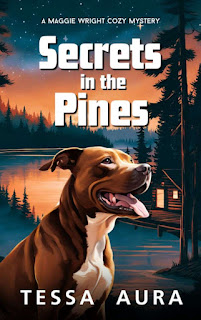




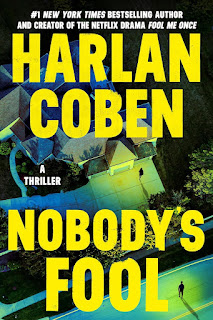






















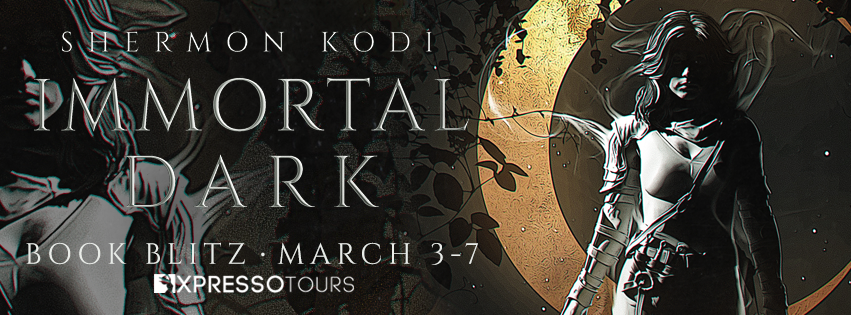

















.png)













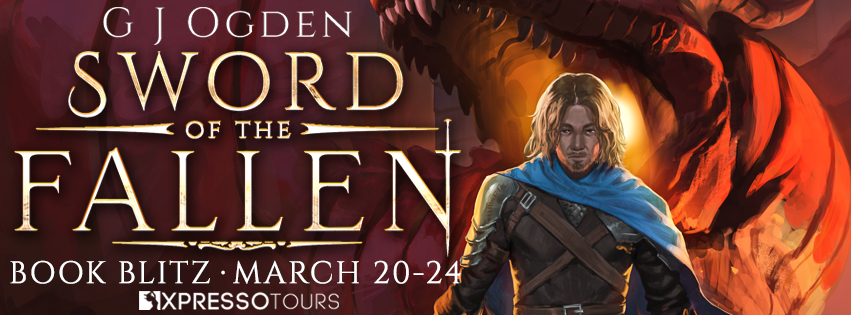
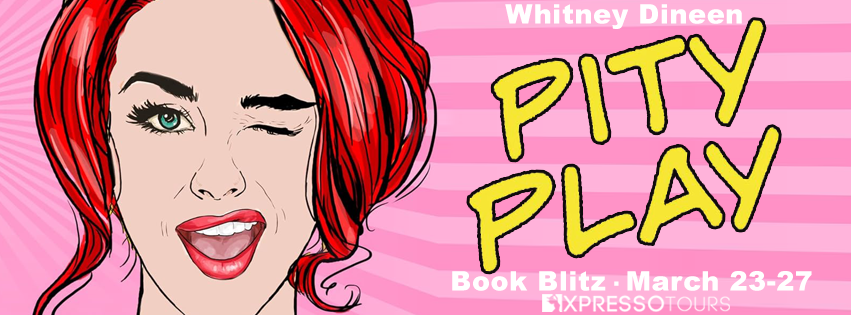








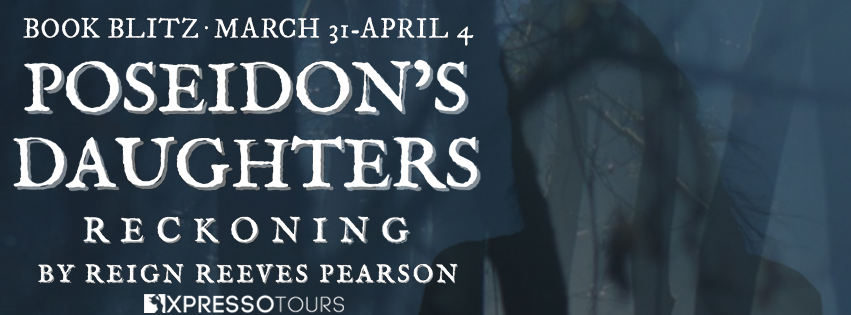



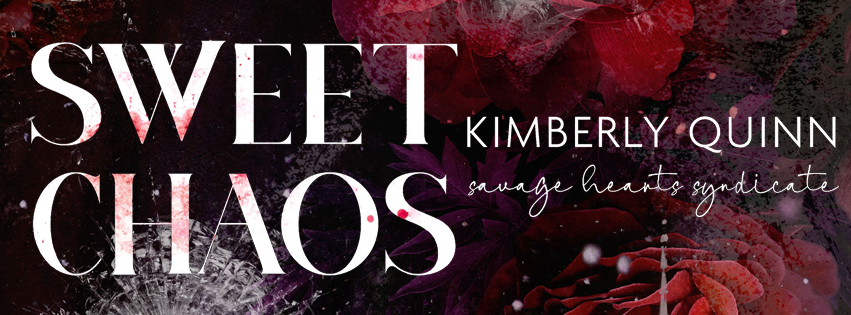



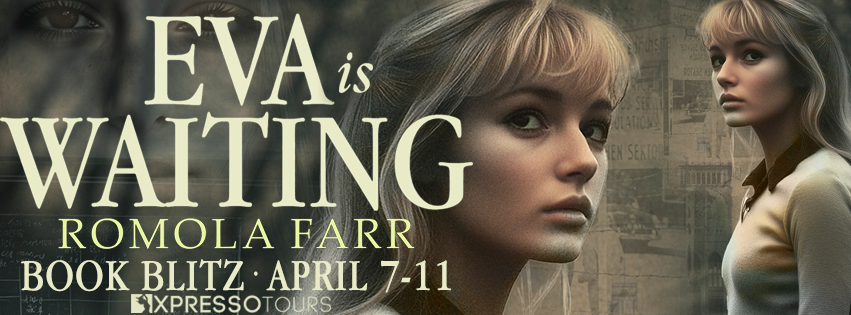













1 comments:
intriguing
Post a Comment